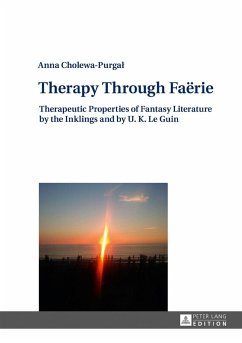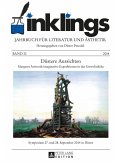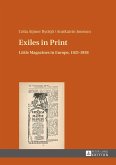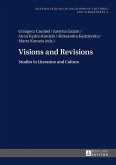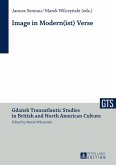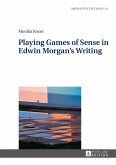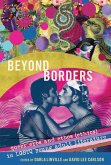This book argues that the fantasy fiction rooted in J. R. R. Tolkien's concept of Fa rie, as represented by the fantasy works of the Inklings and of U. K. Le Guin, has certain psychotherapeutic properties. Fa rie's generic 'ethos' seems to draw on 'moral imagination' and on logos (meaning and word), which informs its secondary worlds and encourages a search for an unconditional sense of life, against the postmodern neo-nihilistic aporia. The book postulates an applicability of logotherapy ('therapy through meaning', developed after WW2 by Victor Frankl,) to the workings of Fa rie, whose bibliotherapeutic potential rests on its generic marks, identified by Tolkien as Fantasy, Recovery, Escape (breaking free from incarcerating meaninglessness), Consolation, and (cathartic) Eucatastrophe.
Bitte wählen Sie Ihr Anliegen aus.
Rechnungen
Retourenschein anfordern
Bestellstatus
Storno

